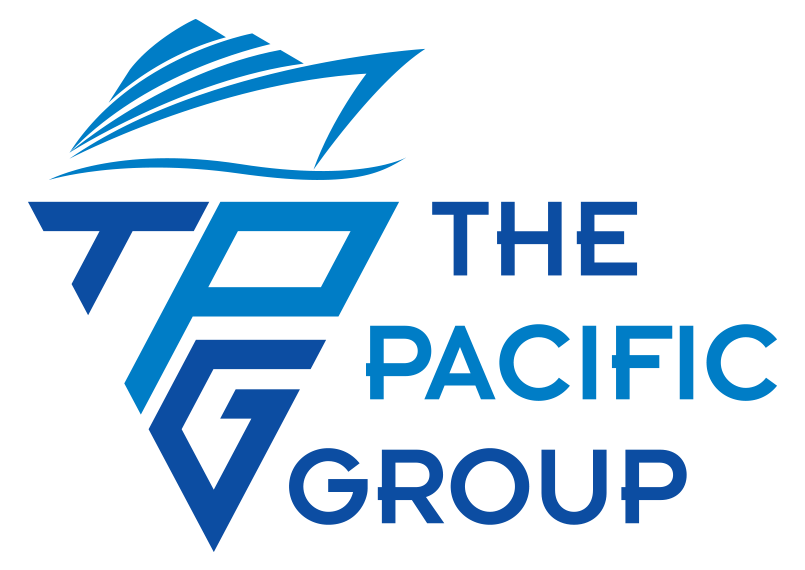-
Cash Balance Plans
-
Corporate Retirement Plans
-
Investment Management
-
Financial Planning
-
Life Insurance
What are retirement plans?
On a basic level, retirement plans are established for you and your employees (if applicable) to contribute money into accounts that are specifically for your retirement. There are many different types of plans and contributions that can be made towards your retirement, so let’s take a look at how one or multiple may be beneficial for you and your situation.
Retirement Contribution types?
Retirement plans have two contribution types. Traditional and Roth.
They are similar in that they both tax deferred growth. That is, there are no taxes associated to gains, dividends, and/or interest while the money is invested. However, they also have benefits that differ.
- Traditional retirement contributions normally generate a tax deduction in the year contributed. But, when those funds are distributed, taxes will be due for that year.
- Roth retirement contributions, on the other hand, have no tax deduction in the year contributed, but there are generally no taxes due when the funds are distributed.
Which is better? Traditional or Roth?
There isn’t necessarily a right or wrong answer here, but there are some general schools of thought on the matter.
More often than not, utilizing Traditional contributions is best when you are earning a higher income because your tax bracket is higher, meaning the tax deduction earned that year can have a significant benefit on your taxes. The expectation is that your tax bracket will be lower in retirement, so when you take distributions, the tax rate will be lower than it was when you first contributed the money.
On the flip side, utilizing Roth contributions is generally best when you are younger and earning a lower income. This is because your tax bracket will likely be lower at that point in your career than later on. If so, paying the taxes without a deduction earlier on tends to be far more manageable. And, when you take the distributions in retirement, taxes will not apply. This may be even more beneficial if the tax rate in retirement is higher than when you originally contributed. That, and if you have significant gains over time since none of those will be taxed either when withdrawn in retirement.
Depending on the plan, you may have the ability to contribute to both, meaning you can get the best of both worlds. Some contributions going to the Traditional bucket so you have tax savings in that year, while some contributions going to the Roth bucket provide you with no taxes when you take distributions.
Why are Retirement Plans Important?
They are important because the cost of retirement is generally higher than many realize, and social security income may not be enough to cover it.
Putting money away for retirement is extremely important and why we work with you to focus on attaining a retirement goal by funding plans accordingly.
It’s NOT so far away
Too often, retirement is not given credence since “it’s so far away, I can focus on it later.” That, or many don’t realize just how much retirement costs. Just because we’re retired, doesn’t mean our expenses go away. In fact, studies show that expenses in retirement are often about 70% of what you’re spending pre-retirement. In order to afford that, where will the money come from? That’s why it’s important to start saving now, and put away as much as you can. It increases the amount invested over a longer period of time, allowing for the potential of compounded growth.
Social Security
Social security is normally the go-to source of funds to cover the costs of retirement. But, there are numerous negatives to this thinking. For one, depending on when you retire, Social Security may no longer be in existence, or if it is, the amount distributed may be cut down significantly. And, even at current values, studies show that Social Security only covers 33% of expenses. Where will the remaining 67% come from? That is where retirement plans come into play.
Different Types of Retirement Plans
While there are many different types of retirement plans, both corporate and personal, the most common are 401k, 403b, Profit Sharing, Defined Benefit (Cash Balance), SEP IRA, IRA, and Roth IRA.
- Corporate Plans (standard business): 401k, SEP IRA, SIMPLE IRA, Profit Sharing, Defined Benefit (Cash Balance), and Deferred Compensation Plans
- Corporate Plans (state/government/organizations): 403b, 457, FERS Plans
- Individual Plans: IRA, Roth IRA, and Solo 401k Plans
The Pacific Group works with all corporate and individual retirement plans. Our goal is to help you establish the best plan(s) to take advantage of all tax benefits available to you, while taking into consideration your budget for contributions.

